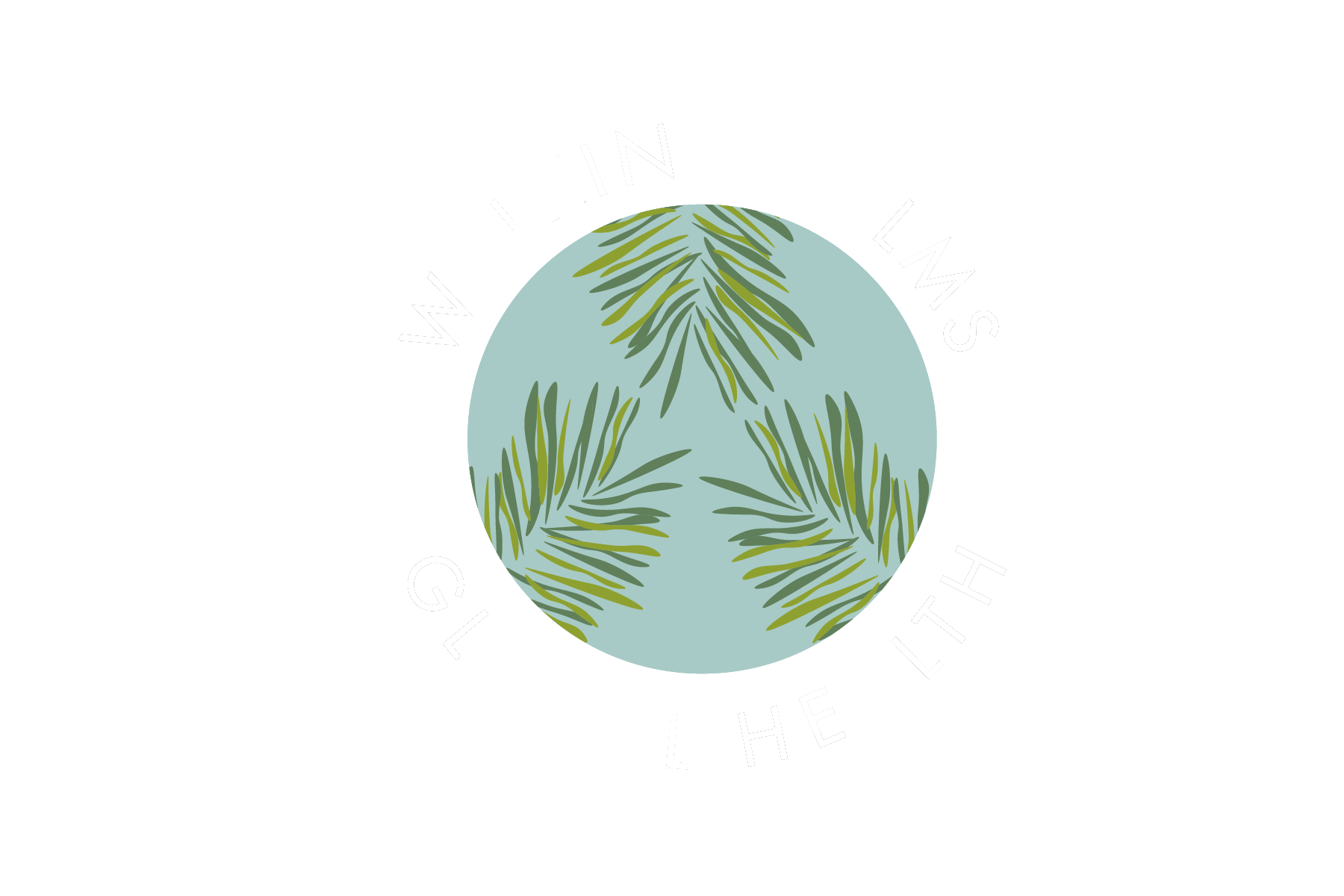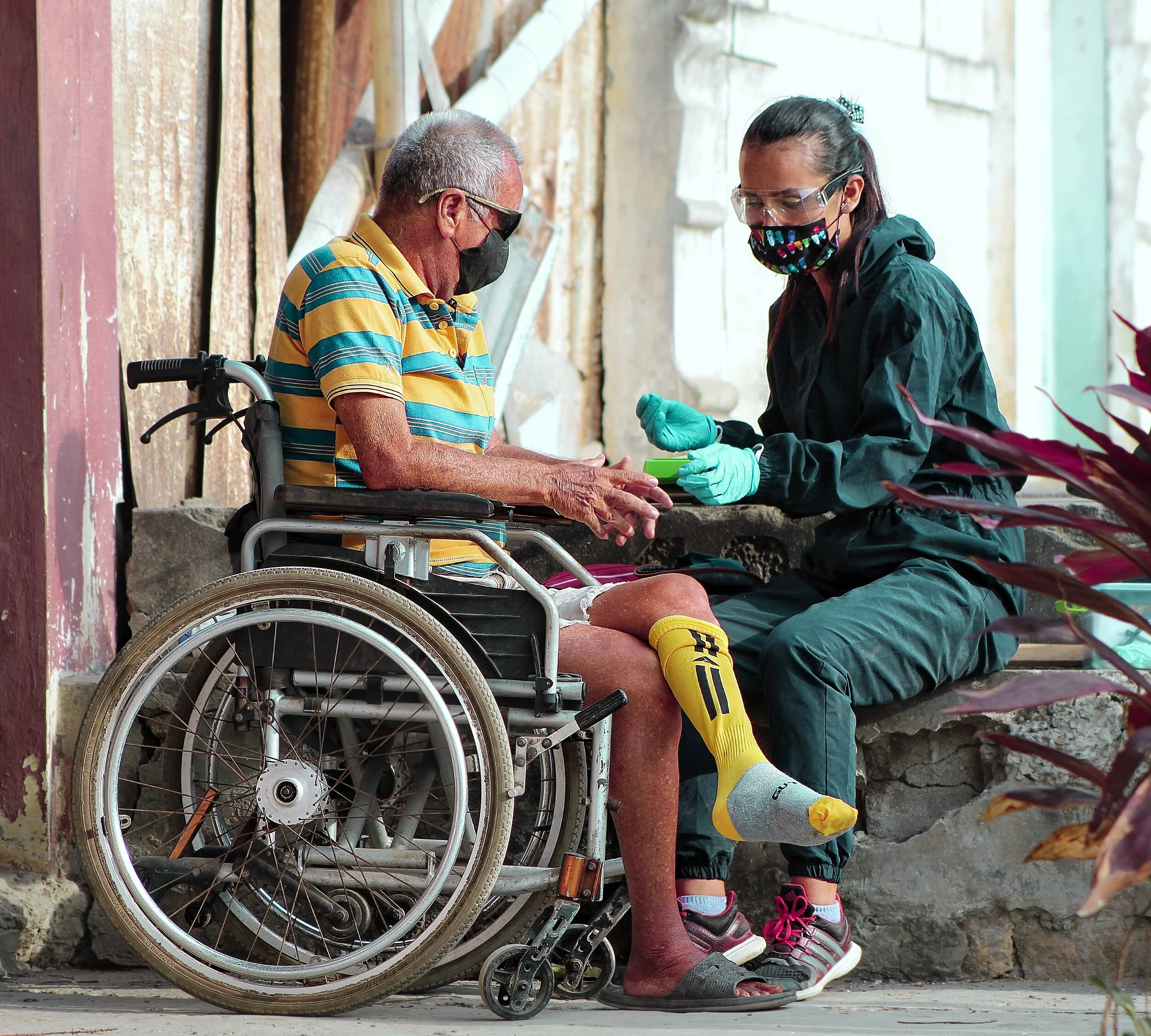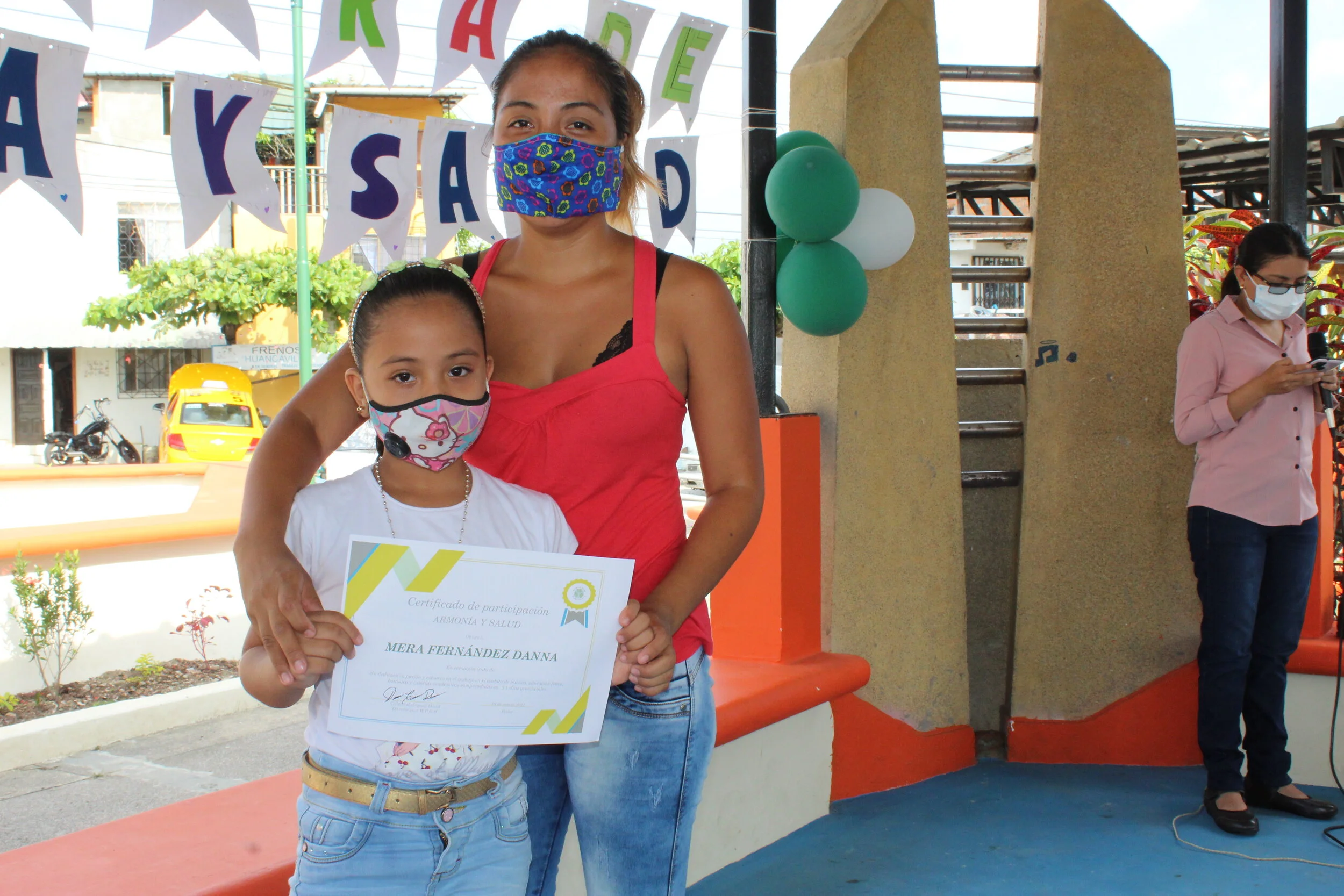DISASTER RELIEF
COVID-19 IN ECUADOR
SUPPORT OUR VACCINE REGISTRATION CAMPAIGN
Covid-19 vaccinations in Ecuador are rolling out, and Walking Palms is humbled to have been chosen by local health officials to lead a province-wide vaccine registration and awareness campaign.
Ecuador’s limited vaccine inventory is being allocated in the order residents register, so our immediate implementation of this program will:
Reach the estimated 25,000 residents of rural area currently left out of the vaccine rollout process
Target communities where limited Internet access renders the online registration system inaccessible
Employ our Covid personal safety protocols that have been adopted by local government and private organizations
Walking Palms is offering this service at no cost to the local government, which helps ensure that vaccines are allocated equally among residents regardless of income level.
So we need your help! Please consider a donation to promote vaccine equality in Ecuador.
The majority of funds raised for this 8-12 week campaign will go to our local team working in the field under demanding, risky conditions, with the balance allocated to training, personal protective equipment and a robust testing regime.
Given the historic nature of the Covid-19 global vaccination effort and the unique challenges of reaching rural communities in the developing world, we will document these efforts and publish a best practices framework for use in future health emergencies.
Developed countries like the United States are well on their way to vaccinating their populations against Covid-19, even as developing countries like Ecuador struggle to distribute a limited amount of vaccine supply. The United States has distributed 30 times more vaccines per capita than Ecuador, and at current vaccination rates, some estimates suggest Ecuador would not achieve full vaccination for more than five years.
Programs like this are essential at not only speeding up vaccination rates in the developing world, but ensuring that those still waiting in line are equipped to handle ongoing Covid-related health risks and economic challenges.
After more than a year of ensuring the immense personal hardships Covid-19 has thrust upon the world, this is your opportunity to help put the pandemic behind us.
Read more about our Covid-19 pandemic response below.
A COMPREHENSIVE RESPONSE TO COVID-19
Since the pandemic began in early 2020, Walking Palms Global Health and its partners have been actively leading the response in our region of coastal Ecuador.
‘MORE THAN FOOD’ EMERGENCY RELIEF DELIVERIES
A near complete lockdown in Ecuador helped slow the spread of COVID-19, but the economic consequences have been devastating for the country’s most at-risk communities. The Wall Street Journal highlighted the challenges facing workers in Latin America’s vast informal economy in April 2020 and how the economic situation is still dire a year later.
Thanks to an incredible response from our donor base, we were able to support 225 families in communities throughout the region with healthy food, health and safety gear, mental health resources and at-home kids activity packages. We were there for our community during the pandemic’s most acute phase last year, and we are still distributing relief packages to families with sick loved ones who are being forced to quarantine.
PROGRAM STATS
40,000 pounds of food delivered
225 families supported
216 donors
Program launched with: $150, one bike
COMMUNITY LEARNING PODS
The pandemic has made it nearly impossible for many children and families here in Bahía de Caráquez to access basic education.
From December 2020 - March 2021, Walking Palms launched Bahía’s only in-person educational program available to low income families. In the inaugural edition of our Community Learning Pods, which are A class of 16 students aged 6-16 who were in danger of being held back a grade received interventional tutoring and and an interdisciplinary curriculum focused on music, art, botanics, physical education, mediation and emotional wellness.
This program was an extension of Harmony and Health, an immersive, interdisciplinary kids education program, which we launched in response to the devastating 2016 earthquake which struck Ecuador’s Pacific coast. Through music, art and meditation practices, kids came out of their shells and could truly begin the healing process.
In addition to this invaluable experience for the kids, Harmony and Health provides employment for our instructors who represent the diverse cultural fabric of this region.
All instructors not only receive competitive pay and reliable work during these challenging economic times, but professional development that includes leadership training, disaster preparedness workshops, emotional first aid, teaching pedagogy and team-building.
We are gearing up for another session, so pledge your support to allow these local musicians, artists, thespians and educators share their passion and talents with our students.
These guides are the first step at helping our residents handle the stress of this situation, empowering them to take back control of their mental health.
WOMEN’S HEALTH - REUSABLE MASK PRODUCTION
Covid-19 has disproportionately impacted women in developing world countries. School closures have thrust child care onto women who only recently had begun making gains in employment opportunities, protection from domestic violence and other liberties women in the developed world have enjoyed for decades.
At the outset of the pandemic last year, Walking Palms employed local seamstresses to source materials, manufacture and distribute reusable masks. This program not only helped fill the gap of PPE shortages in the pandemic’s early months, but also provided badly needed income during the most acute phase of the pandemic.
INFECTIOUS DISEASE PREVENTION - MOSQUITOS y YO
With stretched local health resources focused on Covid-19, other risks like dengue fever have been on the rise in coastal Ecuador for the past 12 months. Co-infection conditions present numerous challenges, including diagnosis challenges due to similar early onset symptoms, limited hospital capacity and unknown interactions between Covid and other diseases. Here in the Bahia region, a regional water shortage compounded this problem since at-home water capture creates a breeding ground for mosquitos and other disease-carrying pests.
Expanding our existing Ambitious Science Education program, Mosquitos y Yo, Walking Palms partnered with the Ministry of Education to deliver our infectious disease education program to low income families in our communities. Collaborating with local artists, we adapted our in-person program to at-home version with interactive games, puzzles and craft activities aimed at raising awareness and teaching best practices to minimize infection risk,









